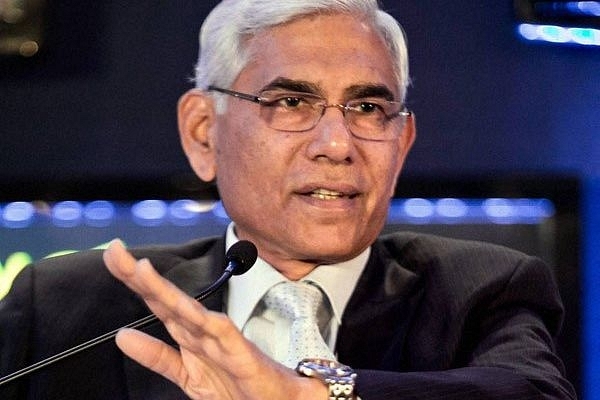
Treat ‘Terroristan’ Like South Africa Under Apartheid: BCCI Letter Urges Nations To Boycott Pakistan In Cricket World Cup
In the wake of Pulwama attack by a Pakistan-based terrorist group, Jaish-e-Muhammad, BCCI CEO Rahul Johri has written to ICC asking the nations participating in the upcoming cricket World Cup to “sever ties with countries from which terrorism emanates”.
By taking a parallel strategy of campaigning against Pakistan globally while respecting the World Cup fixtures, India will be able to avoid a long-drawn legal battle and a massive loss of revenue resulting from breaking the strict Members’ Partnership Agreement (MPA).
In the past, India suffered sanctions from the International Olympic Committee and lost the right to host future international events by denying visas to Pakistan’s shooters, a fate India doesn’t want to repeat.
“So first, we want to have a consensus of the cricket world and then act. It isn’t possible to just one fine day ask to remove Pakistan from the World Cup,” said an official involved in the discussion to draft the ICC letter
The move comes in a series of steps taken by Prime Minister Modi-led Indian government to isolate the Islamic republic for its incessant use of terrorism as a tool of foreign policy, as well as providing safe haven for radical Islamist groups to operate.
Speaking to the Indian Express, the Committee of Administrators (CoA) Chairman, Vinod Rai said that the letter to ICC “reflected the present day sentiment of the nation”. While avoiding a direct reference to the 16 June India-Pakistan match, Rai said, “Why should we shoot ourselves in the foot by not playing? We should seek their (Pakistan) ouster and remove them from the cricketing committee.”
Explaining the long-term plan of the board, Rai said that the idea was to work hand in hand with the Indian government to isolate Pakistan in the cricketing community. “I look at it (the letter sent to the ICC) from the point of view that we are able to isolate Pakistan. Make it a cricket apartheid for Pakistan on the terror issue,” he said.
Due to its racial segregation policies, South Africa faced a boycott from the International Olympic Council in 1964 Games. The cricketing world too boycotted the country in the 1970s. It was only after ending of apartheid and release of Nelson Mandela in 1990s that South Africa had its first sanctioned cricket tour in 21 years to India.
Vouching for a similar fate for Pakistan till it mends its ways, the veteran bureaucrat signalled a shift in BCCI mindset with the extreme stance unprecedented in Indian cricket history. “The present dispensation feels strongly about it because we reflect the sentiment of the nation. We are not a closed cricket community, we represent the nation,” he said.
Sachin Tendulkar, the Indian cricketing star, seconded the BCCI’s stand by tweeting: “India has always come up trumps against Pakistan in the World Cup. Time to beat them once again. Would personally hate to give two points and help them in the tournament.”